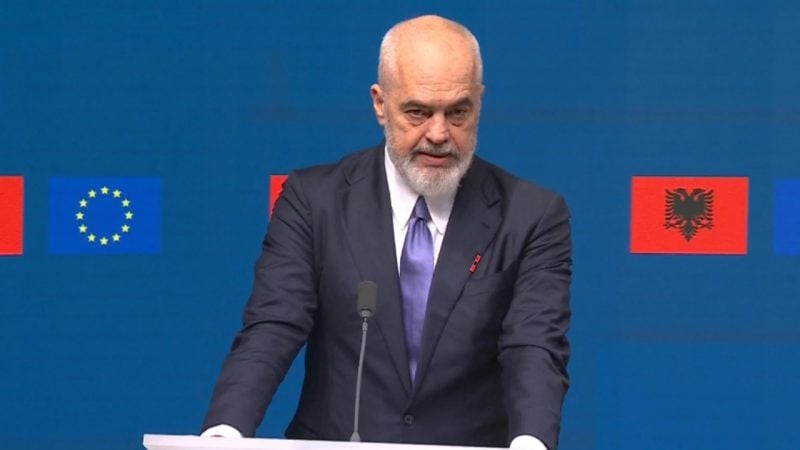 The Washington Agreement Must Be Reactivated!
The Washington Agreement Must Be Reactivated! Since 1991, the EU has given billions of Euros in grants for Western Balkan countries.
Initially through the Cards program, and later through the financial pre-membership instrument, these funds have been used for reconstructing the infrastructure, for promoting democracy and supporting the economic development in the countries that had already come out of the military conflicts and dictatorships.
But who has benefited more? The official data of the EU Commission show the grants per capita in each of the Balkan countries, until 2010.
The countries that have received the candidate status tend to receive more funds per capita from the EU. If every Albanian has benefited last year 29.59 EUR from EU grants, Croatian citizens have received 34.6 EUR, Macedonia 45.2 EUR, and Montenegro 54.8 EUR per capita.
The smaller aid level is not the only thing that will be denied to Albania for failing to receive the candidate status. The biggest damage is on the way these funds are distributed. Albania benefits grants from only two elements of the IPA program: in border cooperation and the establishment of institutions.
These two elements channel most of the technical aid funds, which often are used for paying the EU experts that train the Albanian administration or help the institutional establishment. For this reason, their effect in economy is limited. Different to Albania, the EU candidate countries receive grants also for three other elements, such as regional development, human resources and rural development.
In the last three years, the Macedonian farmers have benefited 31.5 million EUR of direct support from the EU. This number is 10 times bigger than the subventions given by the Albanian government for its big agriculture project for planting more fruit trees and olive grooves. This means that the Albanian farmers, who haven’t benefited from the EU, are in disadvantage in the regional and EU market, compared with the Macedonian neighbors.
Top Channel







